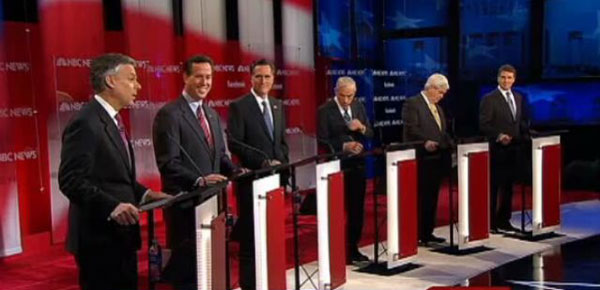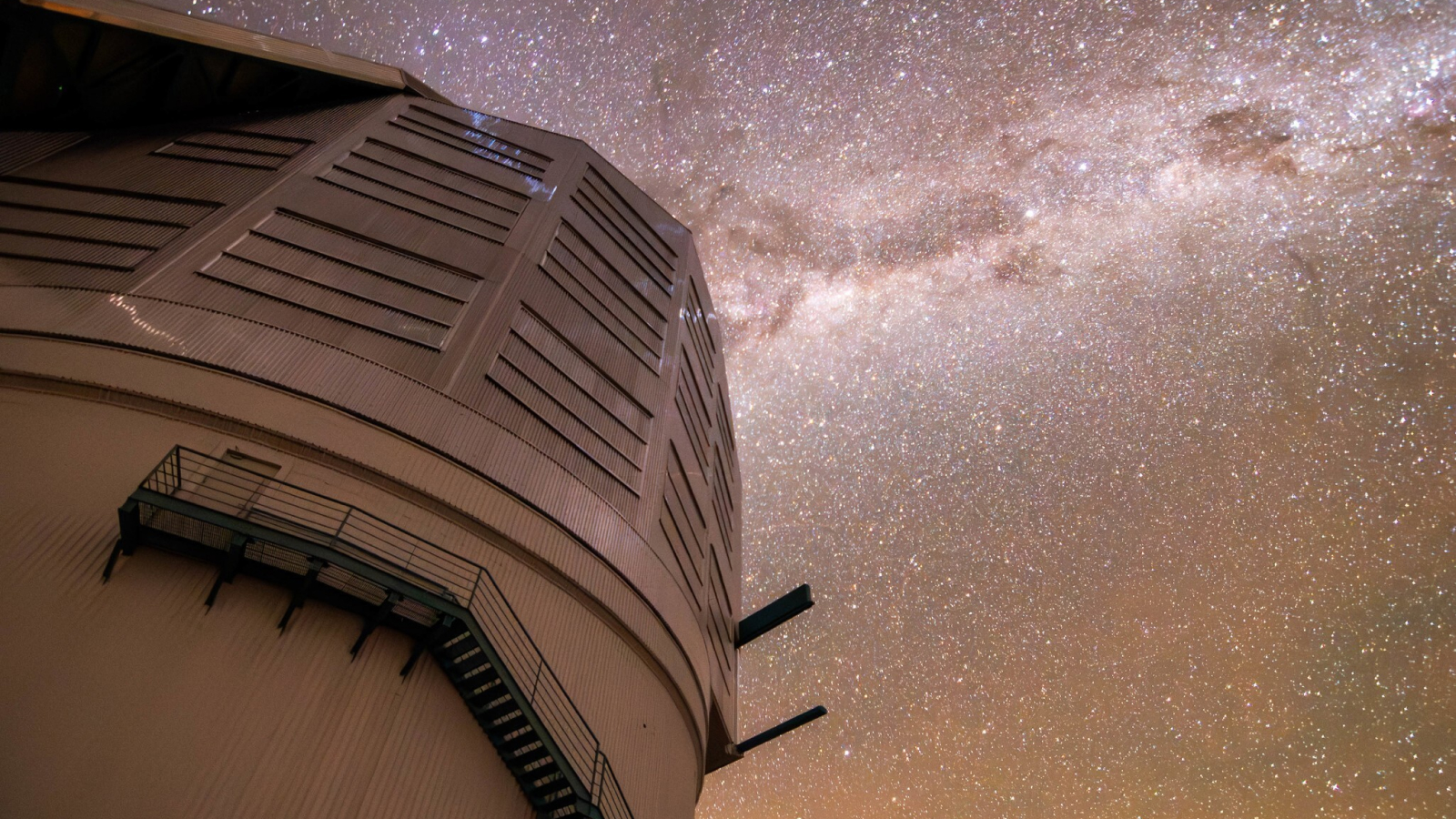Presidential Debates: History of Why We Have Them

Get the world’s most fascinating discoveries delivered straight to your inbox.
You are now subscribed
Your newsletter sign-up was successful
Want to add more newsletters?
Join the club
Get full access to premium articles, exclusive features and a growing list of member rewards.
When President Barack Obama and Governor Mitt Romney take the stage tonight for their first of three debates, their meeting will undoubtedly attract the attention of the nation.
While debates are now a centerpiece of the modern presidential campaign, they have really only entered the election in the past 50 years or so. Prior to that, the interaction between the candidates and the campaigns themselves took a different shape entirely.
The Commission on Presidential Debates traces the modern incarnation of the event to the series of debates between future president Abraham Lincoln, then a congressman from Illinois, and U.S. Senator Stephen Douglas.
PHOTOS:Top One-Liners in Presidential Debate History
Their series of seven, three-hour long exchanges were of an entirely different format to today's debates. The first candidate spoke for the first hour and the last half hour, and the second candidate spoke during the remaining time in between.
The debates between Lincoln and Douglass, however, were a discussion between two parties vying for control of the Illinois legislature. At the time, presidential campaigns were orchestrated primarily behind closed doors, with party elites selecting their nominees and surrogates making the case for a candidate. Politicians tended not to meet the public to elicit support.
With the dawn of the Progressive Era, that changed, according to TIME's Dan Fastenberg. In 1896, William Jennings Bryan, a Democratic candidate for president, went on a national stump tour, according to the writer, essentially being one of the earliest candidates to make his case directly to the public.
Get the world’s most fascinating discoveries delivered straight to your inbox.
Despite the transition toward politicking among the people, it wasn't until 1948 that the first debate among presidential candidates took place, according to the Commission on Presidential Debates. New York Governor Thomas Dewey and Minnesota Governor Harold Stassen met on May 17, 1948, to debate on the radio in an effort to boost their respective bid's for the Republican nomination the presidency. Between 40 million and 80 million people tuned in for the event.
PHOTOS: Unpresidential Moments in Presidential History
Eight years later, the Democrats would follow suit on May 21, 1956, by holding a debate between former Governor Adlai Stevenson and former Senator Estes Kefauver. This was the first debate that more or less resembled the modern version, with brief opening and closing statements, and questions from a moderator taking up the bulk of the time.
In 1960, Senator John F. Kennedy and Vice President Richard Nixon met for not only the first-ever general election presidential debate, but also the first televised debate in U.S. electoral history. More than 66 million viewers tuned to watch the event, which focused on domestic issues. The debate ended with something of a split result, with those tuning into the event by radio asserting Nixon had the edge and those watching on television claiming Kennedy had the upper hand.
The boost Kennedy received as a result of his debate performance was significant enough that the parties did not meet again for another televised debate until 1976. In the debates between President Gerald Ford and Governor Jimmy Carter, it became clear just how much a candidate's performance could impact an election. With a single line -- "There is no Soviet domination of eastern Europe, and there never will be under a Ford administration -- Ford doomed his chances of reelection.
The 1976 election also marked the first televised debate between the vice presidential candidates, with Senator Bob Dole squaring off against Senator Walter Mondale.
NEWS: Political Parties That Broke the Mold
After 1976, the debates became a fixture of the U.S. presidential campaign. Starting with the 1988 election, the Commission on Presidential Debates was established to organize and sponsor the debates between the candidates and get both sides to agree on the number of events as well as details about formatting, moderators and venues.
This story was provided by Discovery News.
 Live Science Plus
Live Science Plus










